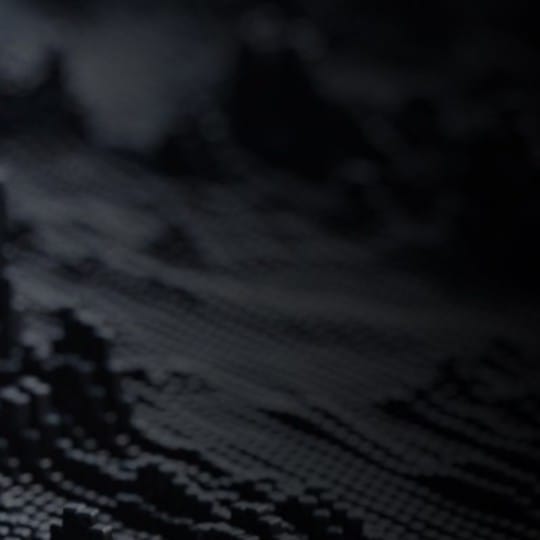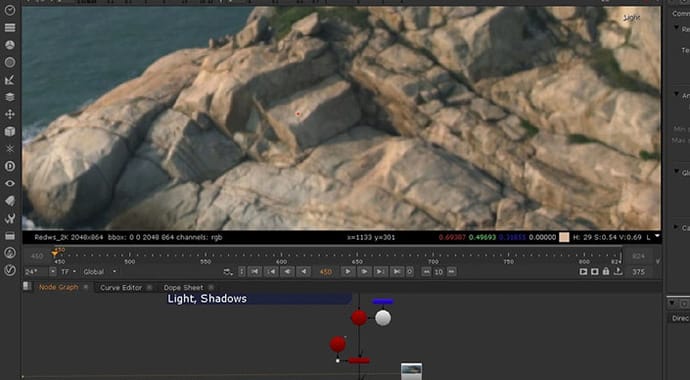
Lighting - Part 1
Compositing artist Shahin Toosi shares how to get started quickly in V-Ray for Nuke and walks through the steps of layout and lighting for the Sci-fi City project.
 Ingenuity Studios © 2017 Big Machine Label Group, LLC
Ingenuity Studios © 2017 Big Machine Label Group, LLC Ingenuity Studios © 2017 Big Machine Label Group, LLC
Ingenuity Studios © 2017 Big Machine Label Group, LLCTop artists and studios use Chaos® V-Ray® every day to render world-class imagery and visual effects.
V-Ray adds production-proven lighting, shading and rendering capabilities to Nuke's powerful compositing toolset.
Save time by making look development decisions on the fly, and output final frames faster by rendering directly in post.
V-Ray for Nuke gives you full control over lighting, shadows, reflections and more – without any back and forth with 3D.
V-Ray fits seamlessy into Nuke's native, node-based workflow.
V-Ray’s Emmy and Academy Award-winning ray traced renderer in Nuke's industry standard compositing application gives artists the best of both worlds.

Compositing artist Shahin Toosi shares how to get started quickly in V-Ray for Nuke and walks through the steps of layout and lighting for the Sci-fi City project.
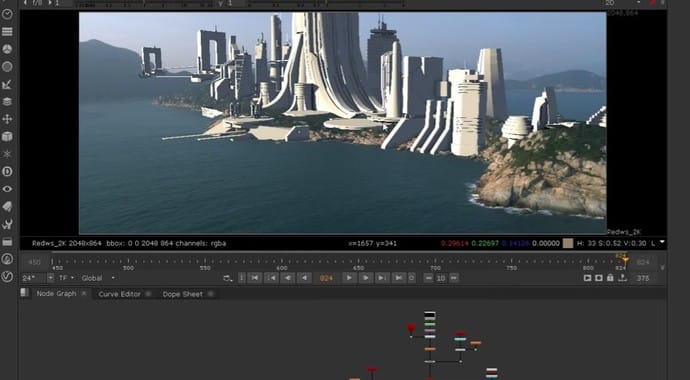
Part 2 of the Lighting overview demonstrates setting up the Basic Holdout and Deep Renders in V-Ray for Nuke.
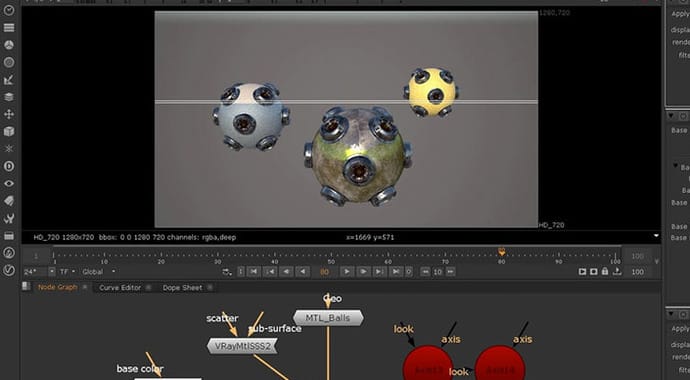
Learn how to develop the look of your materials in V-Ray for Nuke and how to bring in shaders from other V-Ray-enabled applications like 3ds Max, Modo and Maya.
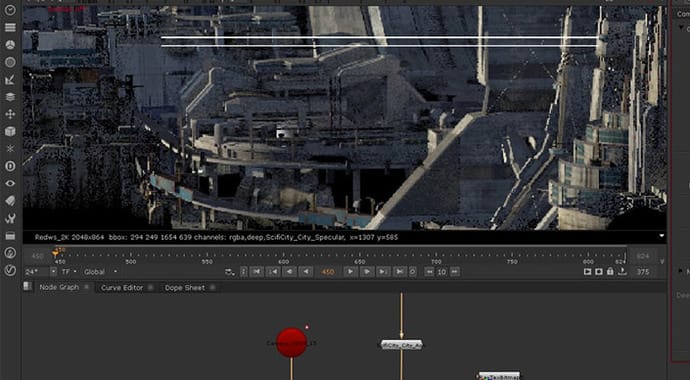
Discover how to get the most from your renders in V-Ray for Nuke, with tips to output through V-Ray Standalone.
V-Ray 5 for Nuke now compatible with Nuke 13.0.
V-Ray 5 for Nuke brings you more control and efficiency in compositing, plus many workflow optimizations that save you time so you can maximize your creativity.
For better control in compositing, construct your own render passes with Light Path Expressions. Output specific light contributions with time saving presets or write your own custom expressions that can be combined with Boolean operations
Bring golden hour lighting to a whole new level. The new Sun & Sky model is more accurate and looks better at sunrise and sunset, even as the sun dips below the horizon.
Easily create layered materials with reflective coatings and fabrics, such as velvet, satin and silk, directly in the V-Ray Material.
Metalness reflections are now supported directly by the V-Ray Material making it fully compatible with PBR workflows.
For more information on what’s new in V-Ray 5 for Nuke, check out our documentation page >
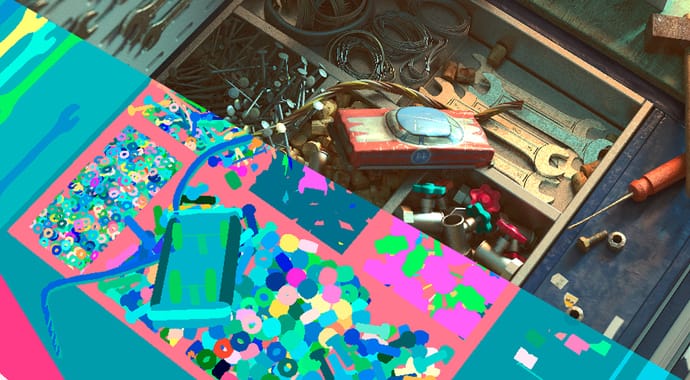
You can now take advantage of faster multi-GPU performance on workstations, plus added support for Cryptomatte render elements.
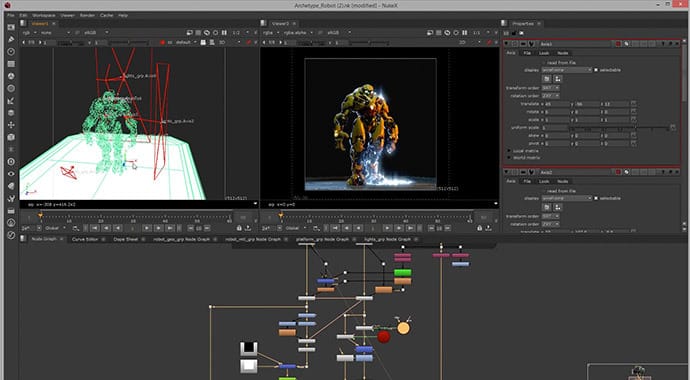
V-Ray for Nuke brings powerful adaptive ray traced rendering to any compositing pipeline. It’s the most full-featured rendering solution for Nuke, NukeX and Nuke Studio.
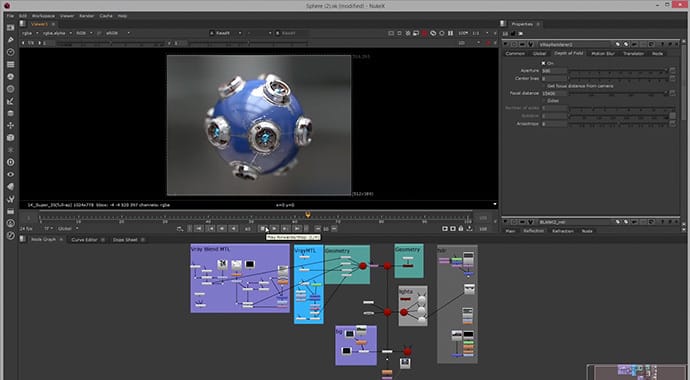
With a full suite of advanced rendering tools and support for Nuke's native features, V-Ray for Nuke is a natural evolution of the compositing workflow.
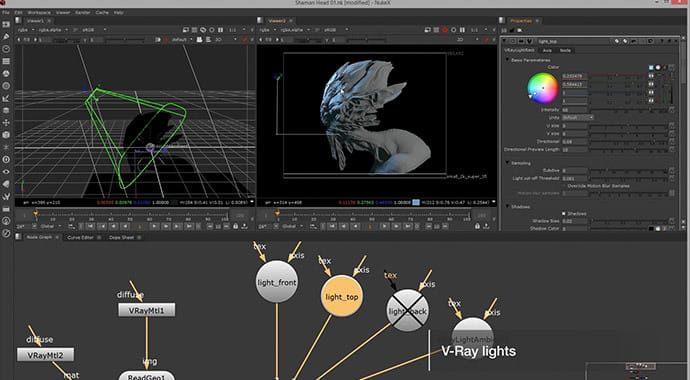
Simulate realistic ray traced lighting and shadows with a wide range of light types including spot lights, area lights, HDR environments, Nuke lights and more.
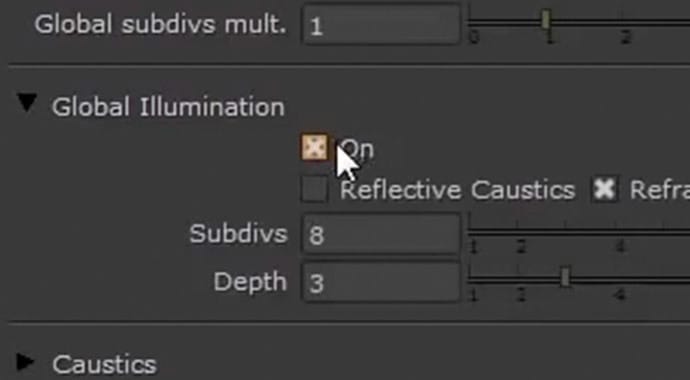
Render accurate indirect illumination with V-Ray’s precise ray traced GI. Now with light cache support.
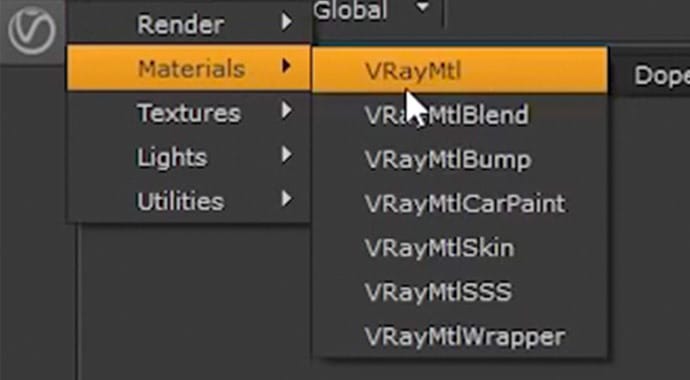
Create multilayered physical materials directly in Nuke. Choose from purpose-built shaders for car paint, SSS, skin and more.
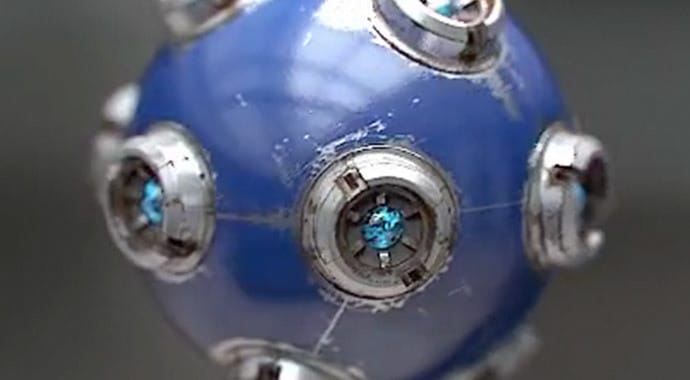
Choose from a number of production-ready texture types including tiled EXR & TX files, layered textures, ambient occlusion and procedural noise.
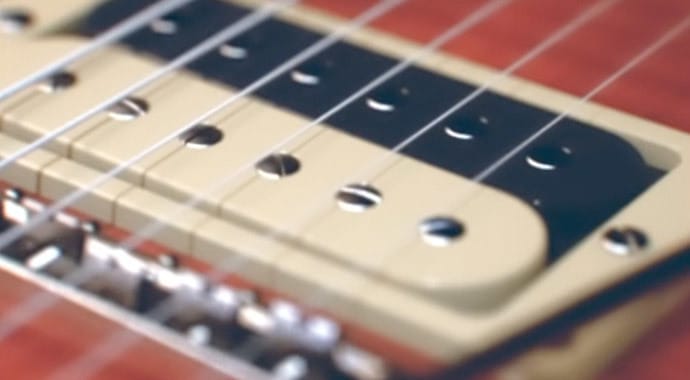
Select from a variety of camera types including physical cameras, VR panoramas and Nuke projection cameras.
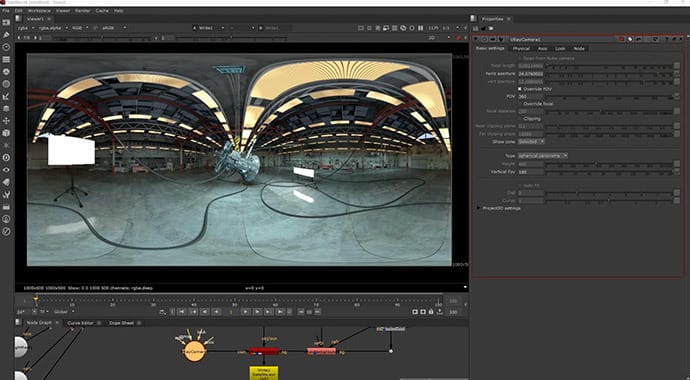
Render to popular VR formats including spherical and cubic 6x1 panoramas.
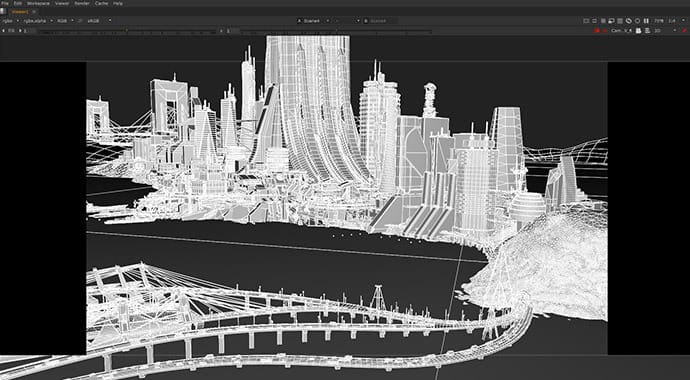
Import Alembic, FBX and OBJ geometry with Nuke's built-in ReadGeo node.
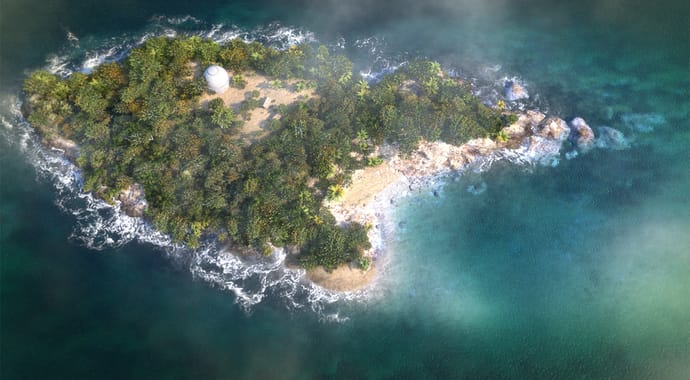
Extract and reuse individual objects from a V-Ray Scene (.vrscene) file. If you need more control, you can define a set of objects to generate a reusable and customizable VRayScene asset.
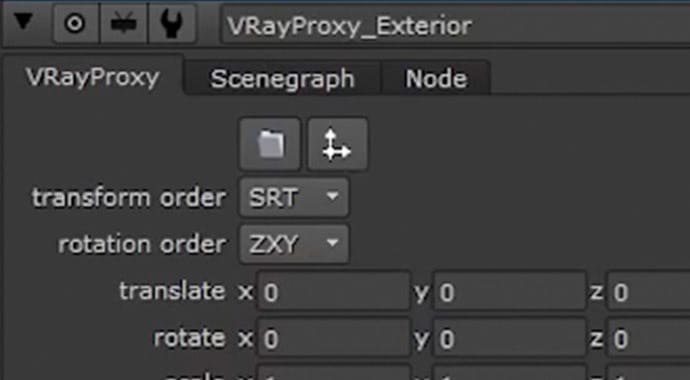
Import and render memory-efficient proxy objects as Alembic or V-Ray mesh files.
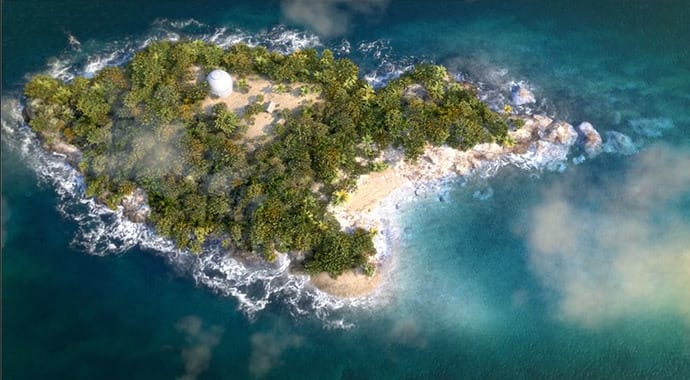
Instance V-Ray proxy objects using Nuke particles.
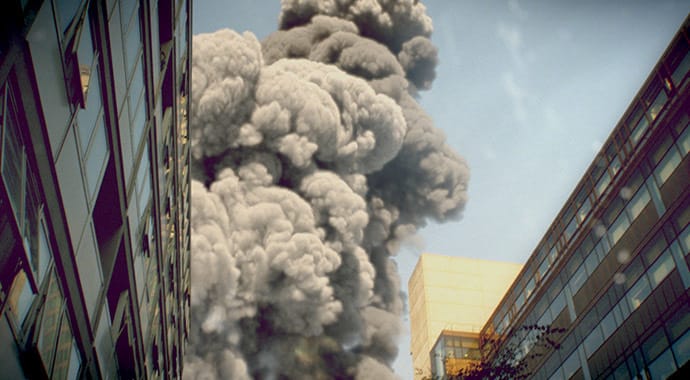
Import and render volume simulations from applications like Houdini. Supports OpenVDB, Field3D and Phoenix FD files.
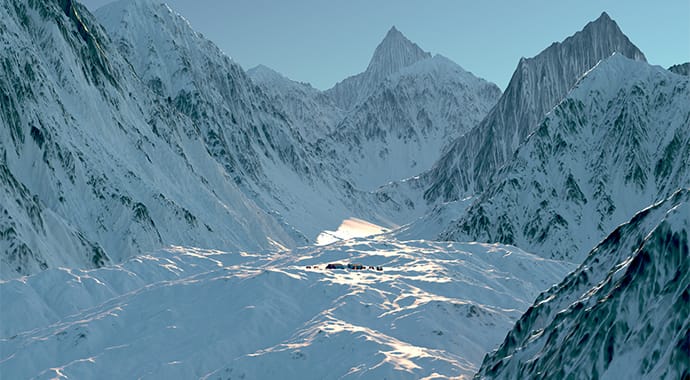
Fine-tune the look of your renders faster than ever. As you make adjustments to your scene, your rendering will update automatically.
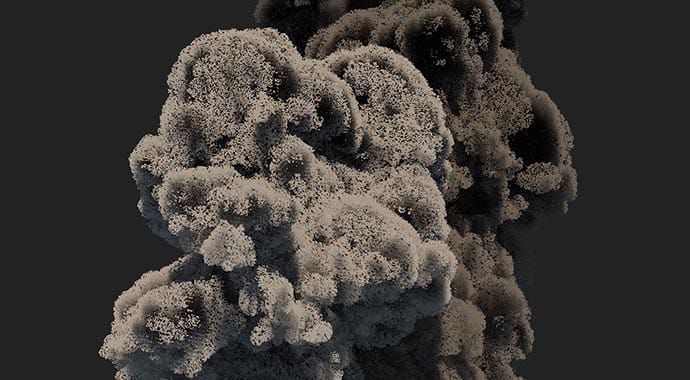
Improved deep rendering capabilities with support for deep volumes. Save disk space by generating deep data directly inside Nuke.
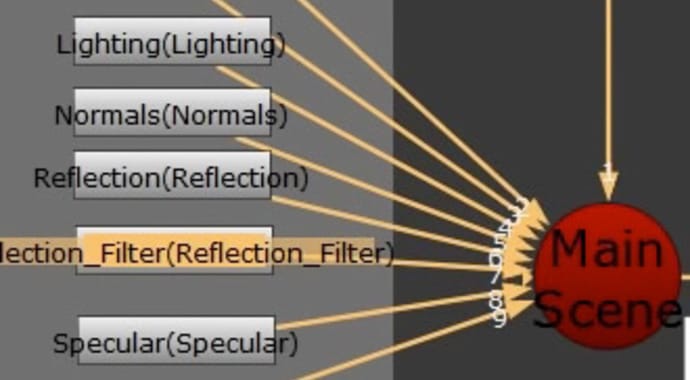
Generate beauty, matte and utility passes on the fly. V-Ray for Nuke includes more than 37 built-in render elements for ultimate control.
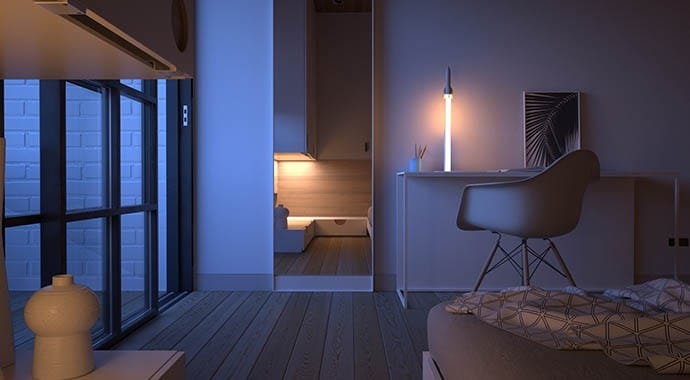
Render individual or groups of lights as separate render elements, and accurately light mix in post with full support for global illumination, reflections and refractions.
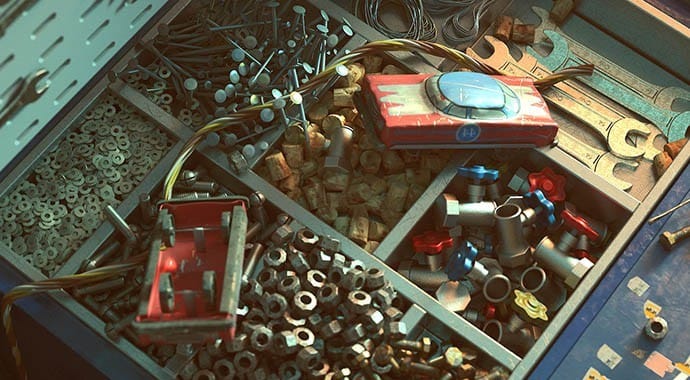
Automatically generate ID mattes with support for transparency, depth of field and motion blur, speeding up workflows for compositors.
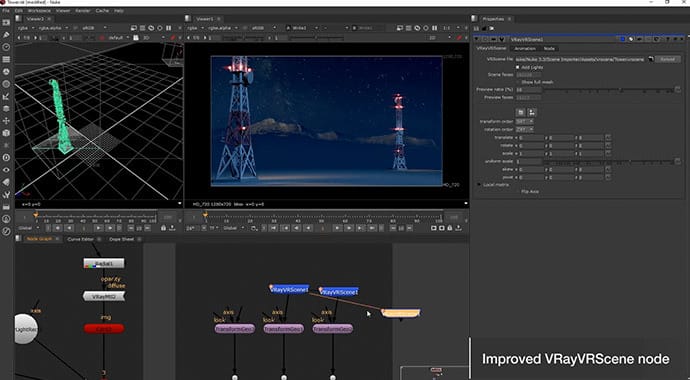
Import and render animated V-Ray scene (.vrscene) files.
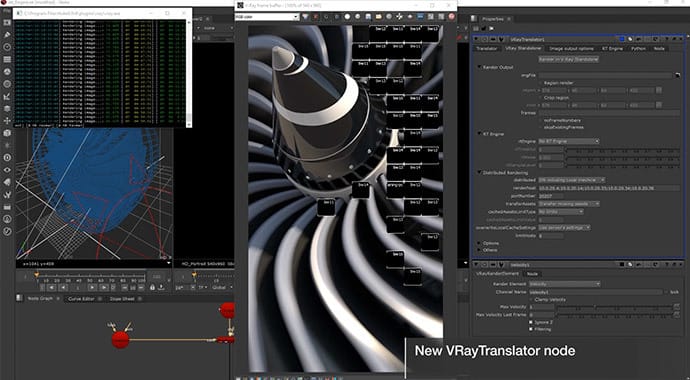
Use the full power of V-Ray Standalone, including distributed rendering.
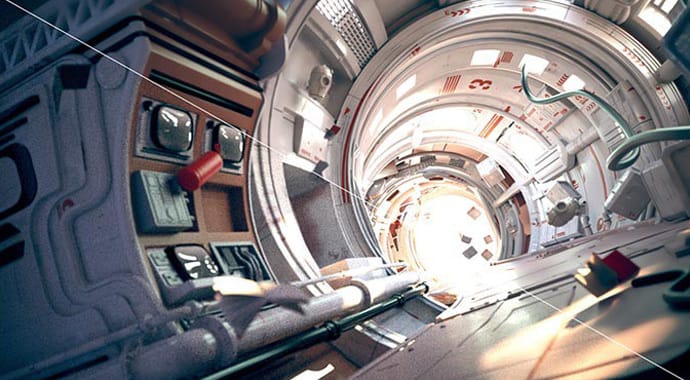
Automatically reduce noise for cleaner renders. Denoise individual render elements, apply noise masks and denoise final deep composites.
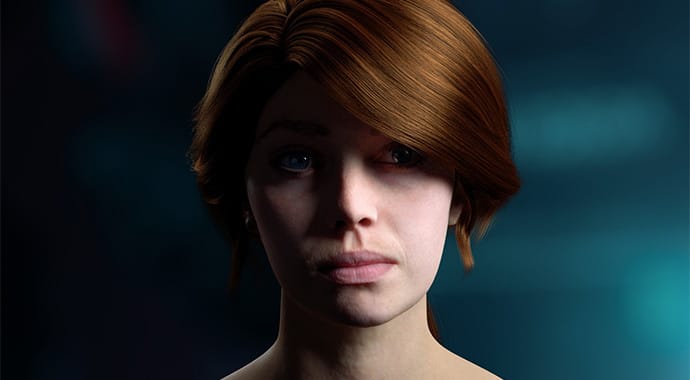
Render complete 3D creatures and characters directly in Nuke. Import hair geometry using V-Ray proxy objects, and assign V-Ray Hair material for optimized shading.
Get a 30-day free trial and dive into the full range of features we offer. You will also get access to comprehensive training resources and dedicated customer support.
Start rendering for free in seconds.

